Antarctica is one of the most fascinating places on Earth. About 98% of the continent is covered in ice (hence its name, the “White Continent”), which reflects sunlight and contributes to its bright, icy landscape. This extreme environment makes it the coldest, driest, and windiest place on Earth, reinforcing its stark, otherworldly beauty.
In this episode, I sit down with my friend Leigh Oshirak Schuberth to discuss her recent unforgettable 14-day journey to Antarctica on the Atlas Voyages World Traveller Ship from Ushuaia, Argentina, with her husband and a group of close friends. From navigating the infamous Drake Passage to witnessing breathtaking glaciers, icebergs, and wildlife landscapes, Leigh shares her firsthand experiences of the mesmerizing White Continent.
We discuss the logistics of traveling to such a remote destination, the best time of year to visit, and the transformative impact of seeing Antarctica’s pristine beauty up close. Leigh also offers valuable insights into choosing the proper expedition and the importance of having a flexible and adventurous mindset when traveling to Antarctica.
If Antarctica is on your bucket list—or if you love hearing about extraordinary travel experiences—you won’t want to miss this conversation!
🎧 Click on the above link to listen to the interview or listen on “Mixtape Travels” on Apple Podcasts or Spotify.
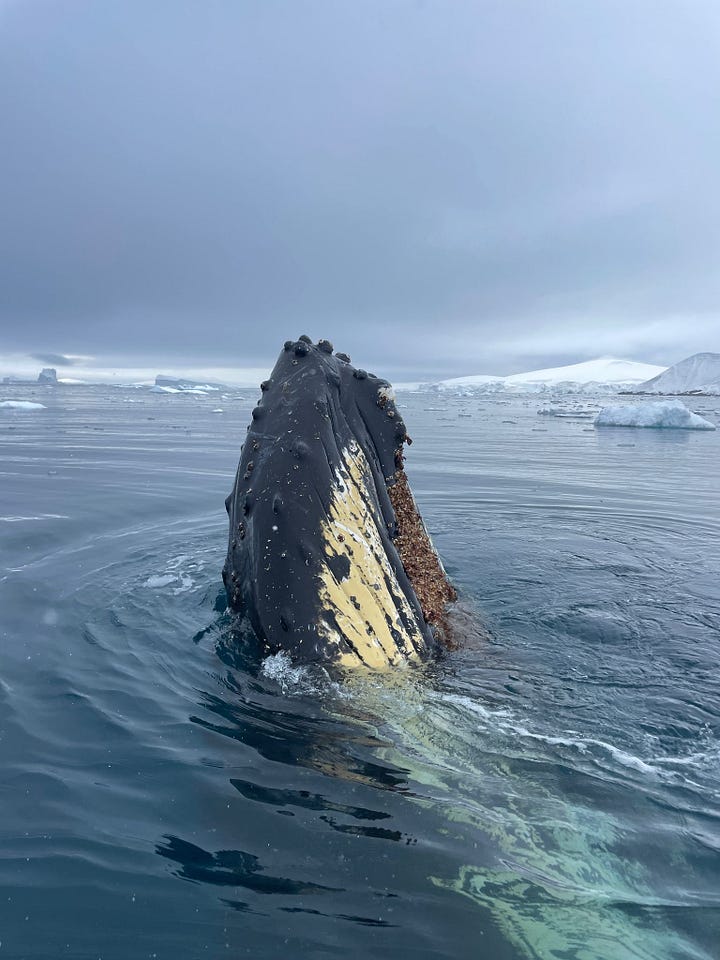



Meet Leigh Oshirak Schuberth
Leigh Oshirak Schuberth is an American citizen who spent her formative childhood years living in Madrid, Spain with her family which seeded her love of travel. A native of nowhere (her father was in the military) Leigh lived in six states before graduating high school in Colorado. She resides in Marin County with her husband and son (when on breaks from college) and has a home in Sonoma Wine Country where she and her husband make Zinfandel and a Tuscan Blend of Olive Oil. Leigh loves cooking, hiking, and spending time with her family and little dachshund Frankie. Her love of hiking has taken her all over the world including the summit of Mt. Whitney many times, Mt. Kilimanjaro in Tanzania, Everest Base Camp in the Khumbu Valley of Nepal, The Tour du Mont Blanc in Italy, France & Switzerland, and numerous weeklong hikes in the John Muir & Ansel Adams Wilderness in the Eastern Sierra of California. In July, Leigh will make a solo attempt of the famous John Muir Trail, beginning at Mt. Whitney and terminating in Yosemite National Park. She credits travel with being her best teacher. She has visited over 50 countries on all 7 Continents, speaks fluent Spanish and is a proud life long learner. Leigh is happily retired from a 30+ year career as a Marketing Executive.
Key Facts about Antarctica
Geography & Climate
Size: It’s the fifth-largest continent, covering about 5.5 million square miles (14 million square km)—larger than Europe or Australia
Ice Coverage: 98% of Antarctica is covered by ice, which holds about 70% of the world's fresh water
Climate: It’s the coldest, driest, and windiest place on Earth. The lowest recorded temperature was −128.6°F (−89.2°C) at Vostok Station
Seasons: Antarctica has six months of daylight in summer (November–March) and six months of darkness in winter (April–October)
Wildlife
Despite its harsh conditions, Antarctica is home to unique wildlife:
Penguins: Emperor, Adélie, Gentoo, King, Macaroni and Chinstrap penguins thrive here
Whales: Minke (small, gentle and curious whales), blue, humpback, and orcas migrate to Antarctic waters for feeding.
Seals: Crabeater, Weddell, leopard, fur and elephant seals inhabit the ice and waters
Birds: Albatrosses, Skuas (birds that steal the penguin eggs, as pictured below) and petrels soar over the Southern Ocean

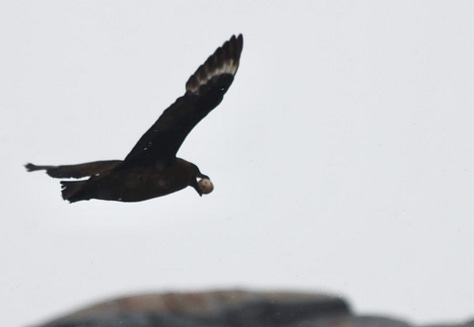
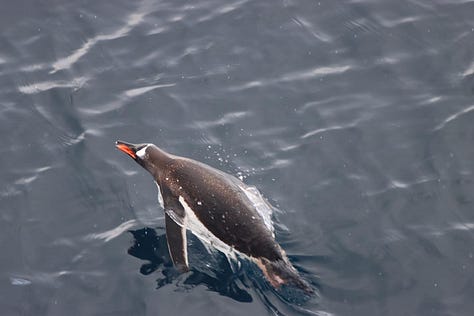
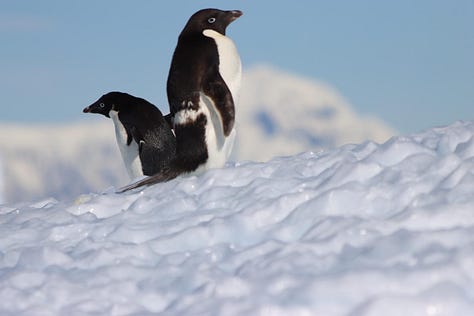

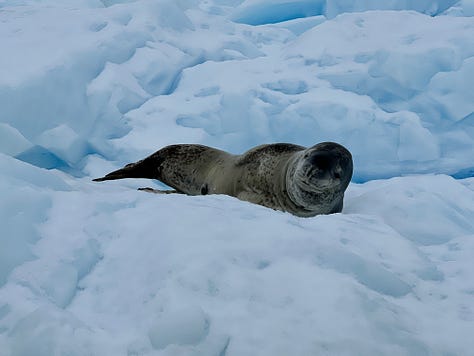
Human Presence
There are no permanent human residents, but about 1,000–5,000 people live in research stations year-round
The Antarctic Treaty (1959)ensures that the continent is used only for peaceful and scientific purposes—no military activity or resource exploitation is allowed
Travel & Exploration
Visitors typically travel via expedition cruises from South America, crossing the Drake Passage or flying to Antarctic bases
Activities include wildlife spotting, kayaking, hiking, ice camping, and polar plunges
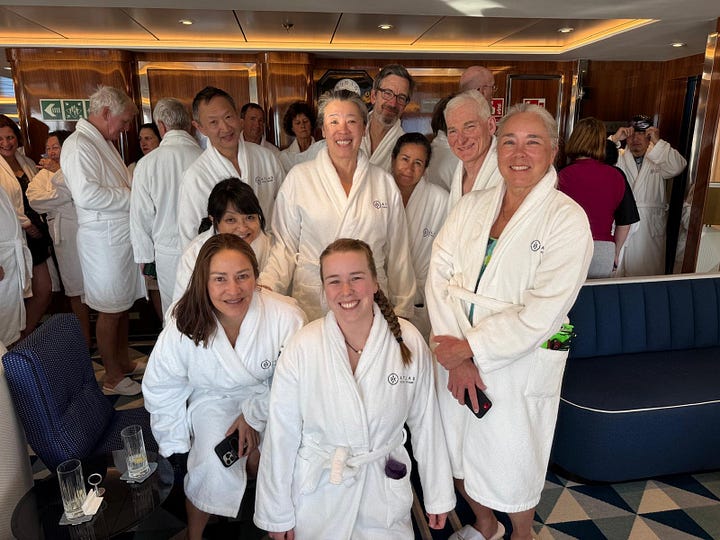
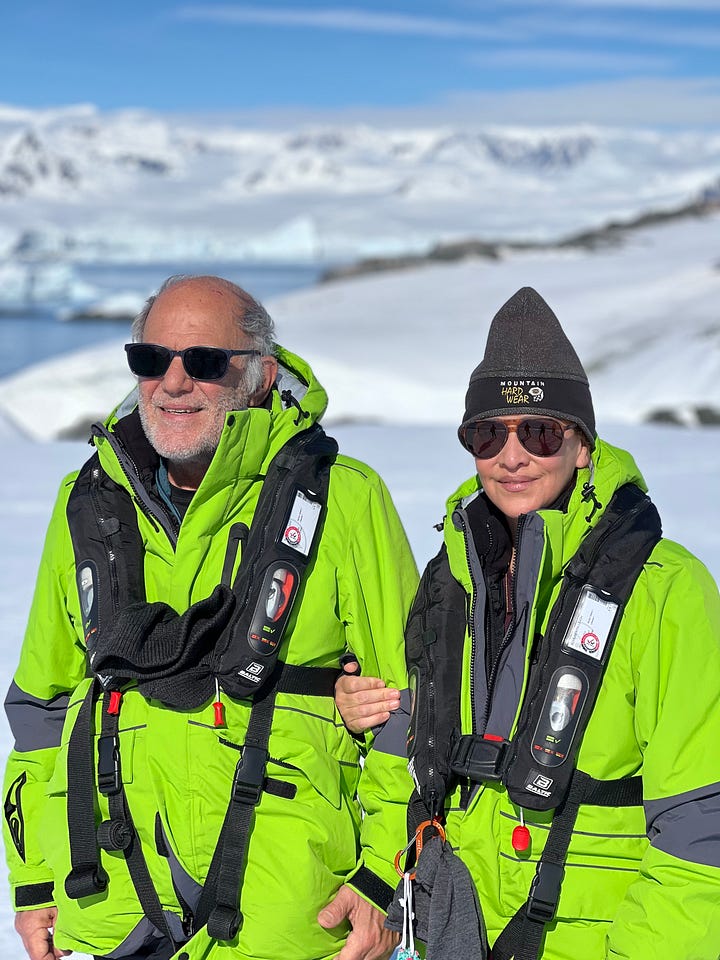
Why Antarctica Matters
Climate Change Indicator: Ice loss here affects global sea levels
Scientific Research Hub: Scientists study everything from space-like conditions to ancient ice cores that reveal Earth's climate history
Thank you Leigh for sharing your inspiring journey to Antarctica!
If you enjoyed this interview, please leave a ♥️ or comment below, and please share with your travel-loving friends. Thank you!




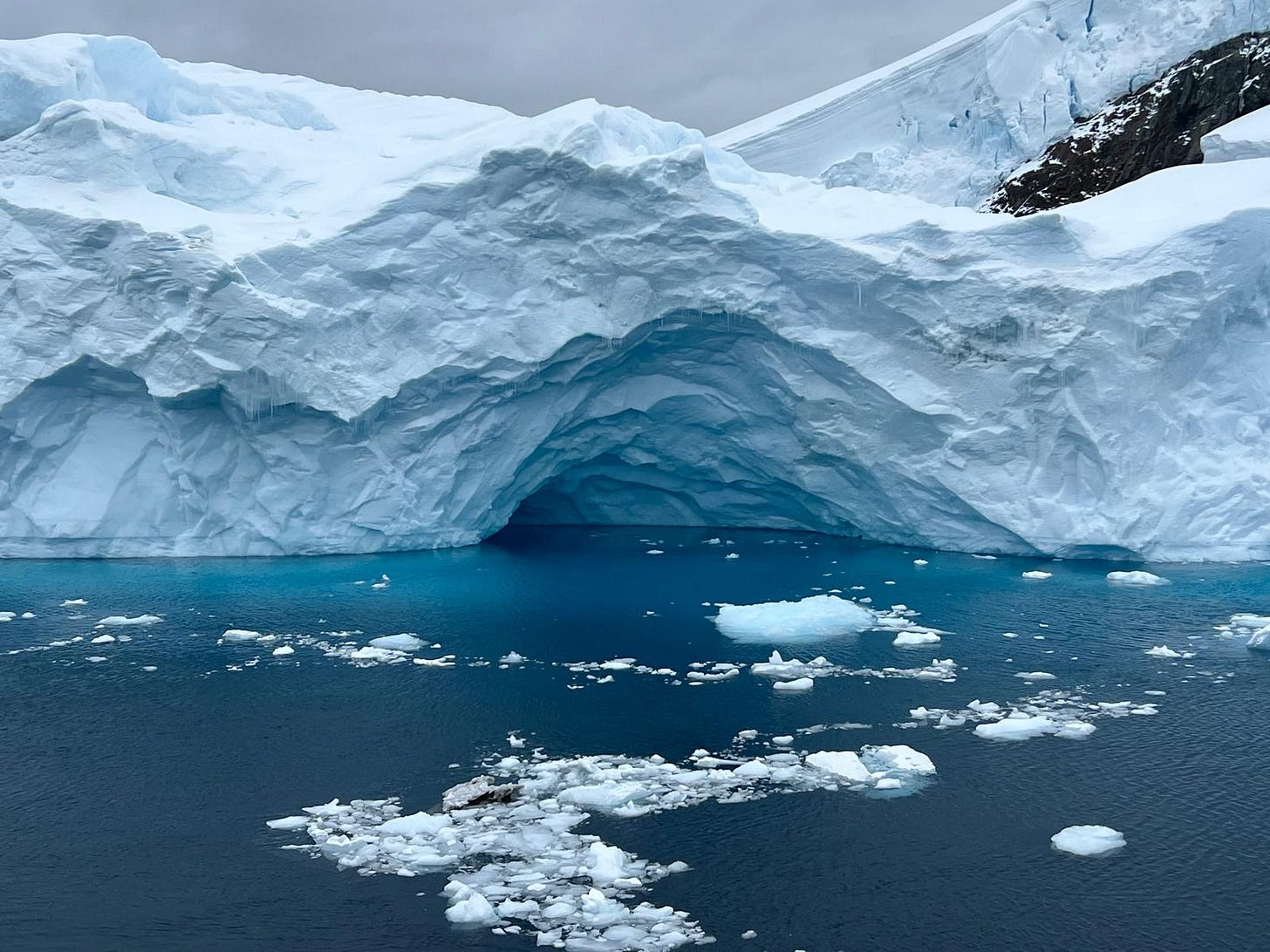


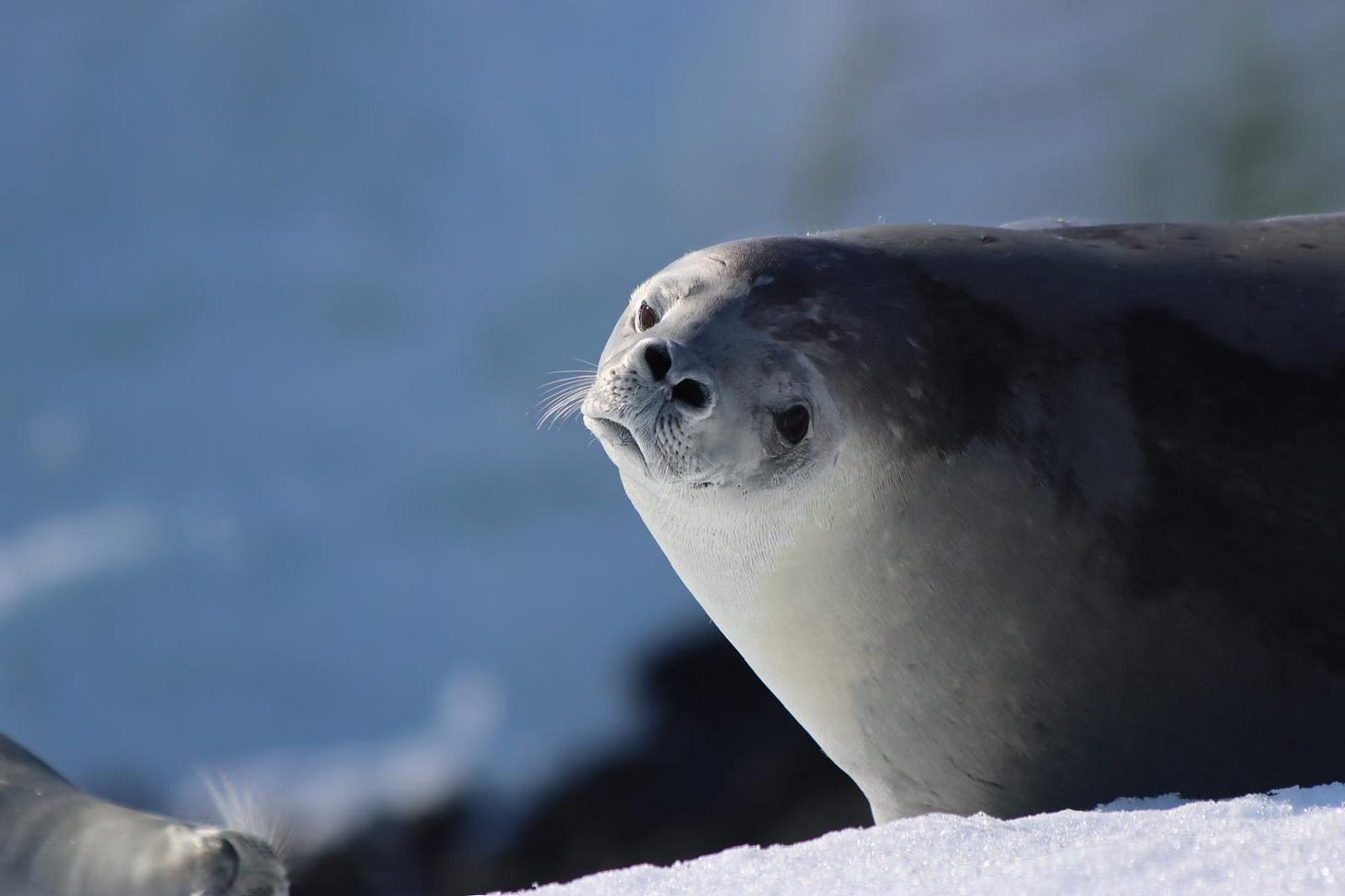

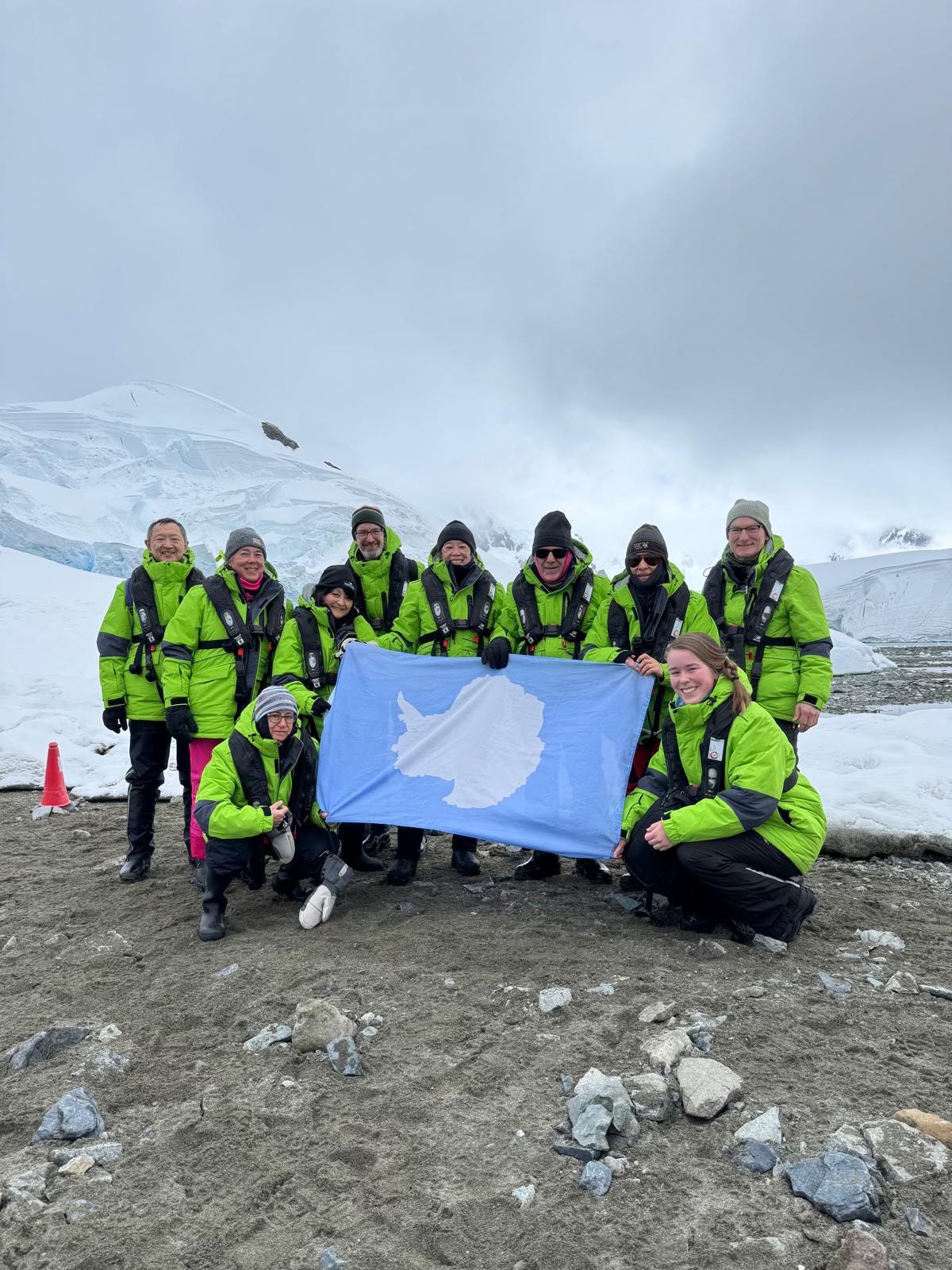



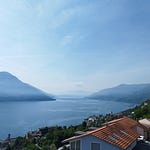





Share this post